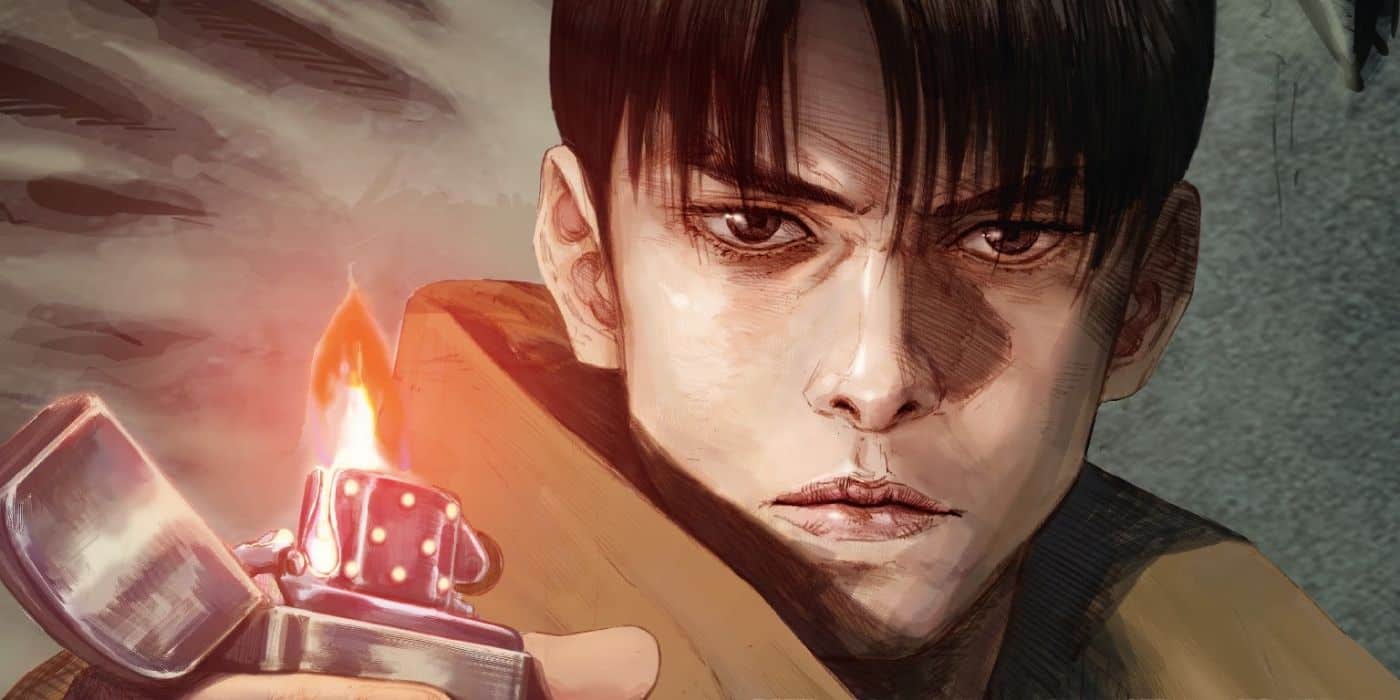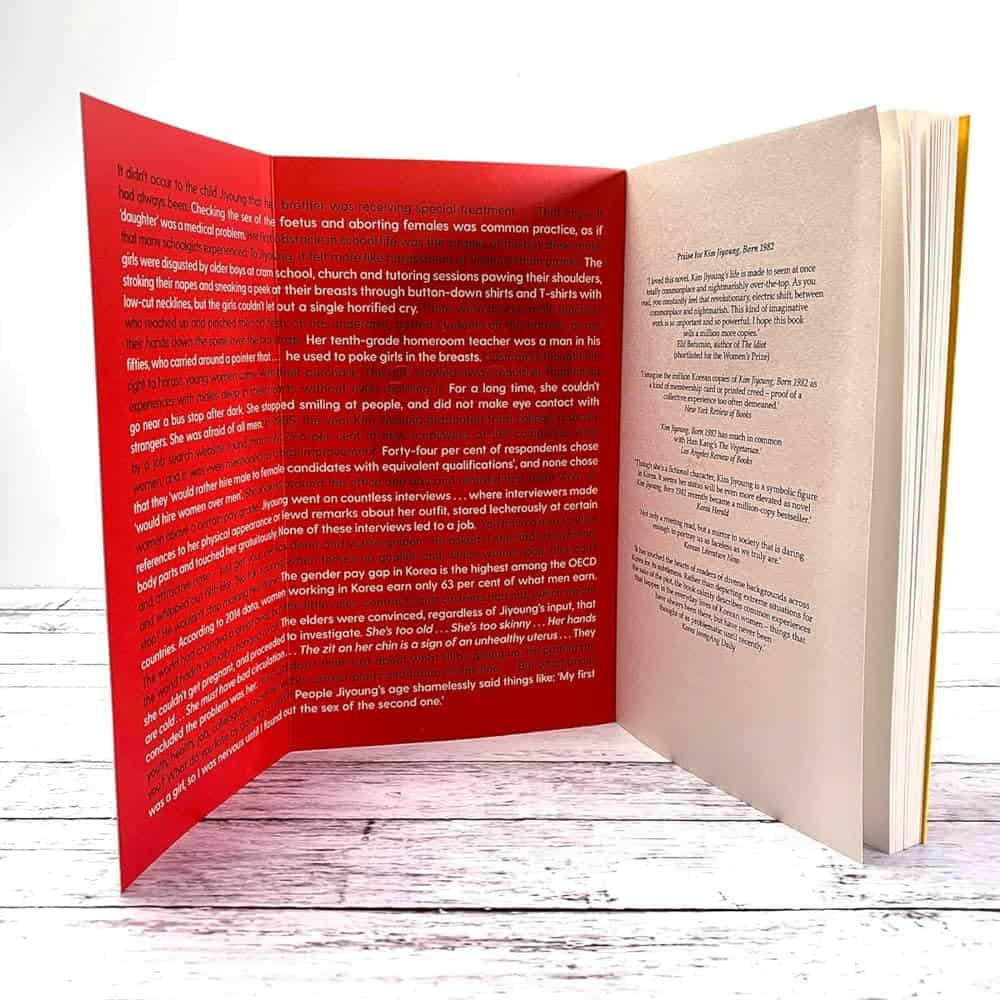Originally titled “Mister Robin”, the adaptation of the highly successful Daum webtoon by creator Hongjacga was something Korean director Kim Jee-woon has been wanting to tackle for quite some time. Given his predilection for genres such as horror (“A Tale of Two Sisters”) and thriller (“A Bittersweet Life”, “I Saw the Devil”), the blend of mystery and crime the story provided must have been quite appealing to a filmmaker such as Kim Jee-woon, and a highly attractive idea for any production company, even though it took quite a few years until the first day of production actually began. With the introduction of Apple TV in South Korea, the six-part series “Dr. Brain” is also meant as a way to get people interested in the service, as well as an opportunity for the director to get back to the genres he knows best.
Dr. Brain is streaming on Apple TV
As a brain surgeon and a neuro-scientist, Sewon (Lee Sun-kyun) is respected among his colleagues, but also a pain to work with. Given his meticulous nature, his eye for detail and lack of empathy for anything outside the job makes him a difficult person to be around, even though his autism is well known among his peers. However, his attitude and drive has very little to do with this condition, but with a promise he made to himself after the tragic death of his mother, to be able to understand what is hidden behind the surface of something. Growing up, he developed a fascination for the human brain, its structure and how it contains the key to comprehend emotions, which would provide an answer to his mother's terrible fate. After years of research, Sewon has perfected the method of brain scans and syncs, enabling him to transfer a person's memory to someone else.

Considering his superior denies him any human trials, he goes through with the first experiment himself, using the body of a recently deceased man to try out his theory and the equipment. While the experiment is not an immediate success, Sewon notices some peculiarities in his character after some time, for example, that he starts to drink and predominantly uses his left hand instead of his right. Also, he starts having visions and hallucinations, which he cannot explain, and becomes the prime target in a police investigation surrounding his wife's disappearance. As he takes matters in his own hands, starting his own investigation, he becomes entangled in a plot involving murder and the truth about his son's death.
As with many of his other works revolving around crime, Kim Jee-woon utilizes a very noir-ish approach to the story of Sewon. Lee Sun-kyun essentially plays a character who is increasingly unable to trust what he sees and feels, as it may be a memory or a vision triggered by a certain sensation. In his quest for concrete answers into something which is as blurry as the human brain and how memory works, each answer reveals more questions, and also possible aspects of his past life he has repressed over time. It is truly an intriguing notion which is at the core of “Dr. Brain”, which is supported by the strong performance of its lead actor.
Essentially, “Dr. Brain” blends the aforementioned elements of thriller with the personal drama of a man trying to unravel a fact of life which is enclosed to him. Stressed by the aforementioned lead performance and the cinematography of Kim Cheon-seok, especially the visions Sewon experiences are quite scary and unsettling, reminiscent of some sequences in “A Tale of Two Sisters”. At the same time, the series contains aspects of Korean genre-filmmaking which in the last years have become somewhat problematic and come to the forefront within a six-hour series. Much of the tension and mystery is thwarted by an overall storyline which more than once confuses intricacy with being needlessly complicated.
In the end, “Dr. Brain” will certainly find its fans among the genre crowd, as its blend of thriller, horror and drama is quite appealing. Lee Sun-kyun's lead performance along with the themes Kim Jee-woon explores in his first series define a solid foundation for the six episodes, even though they also include some of the rather problematic tendencies of Korean genre-filmmaking.















